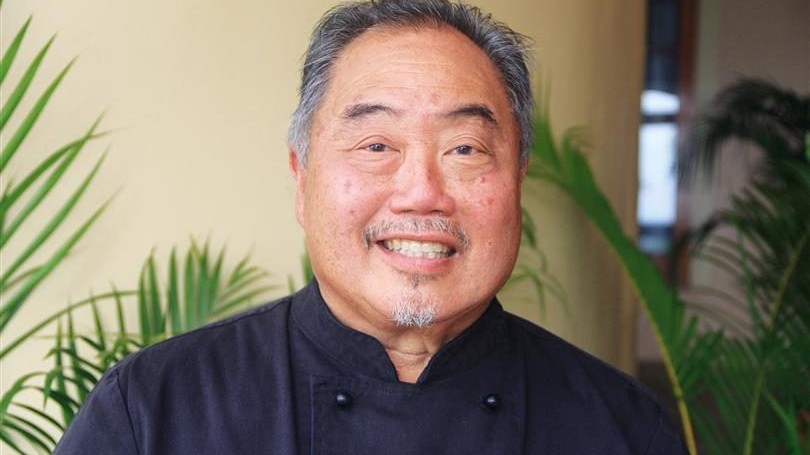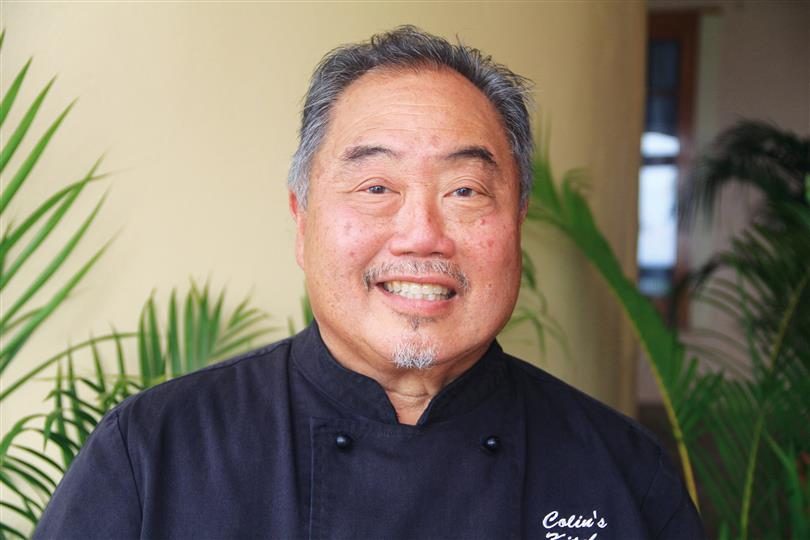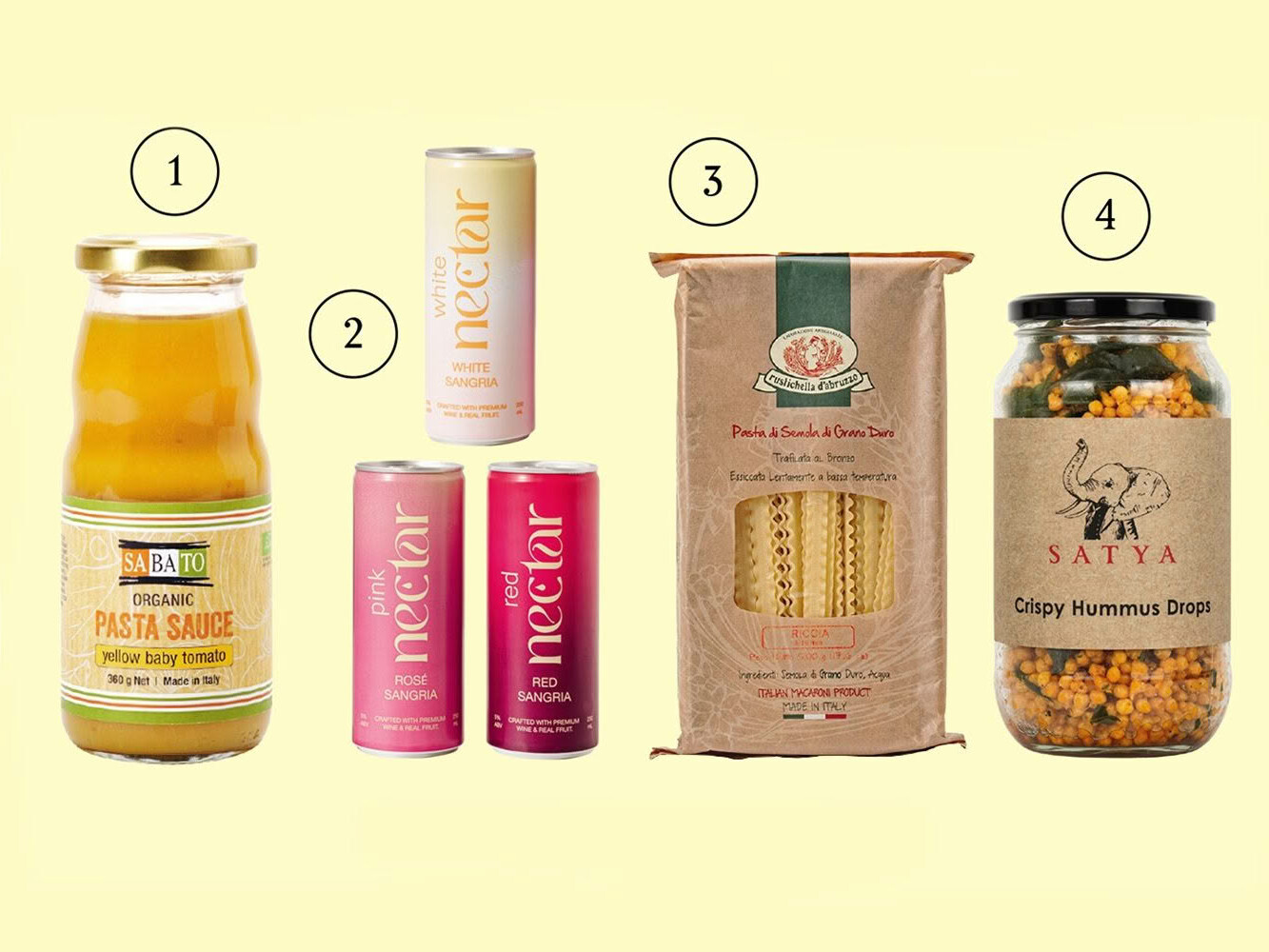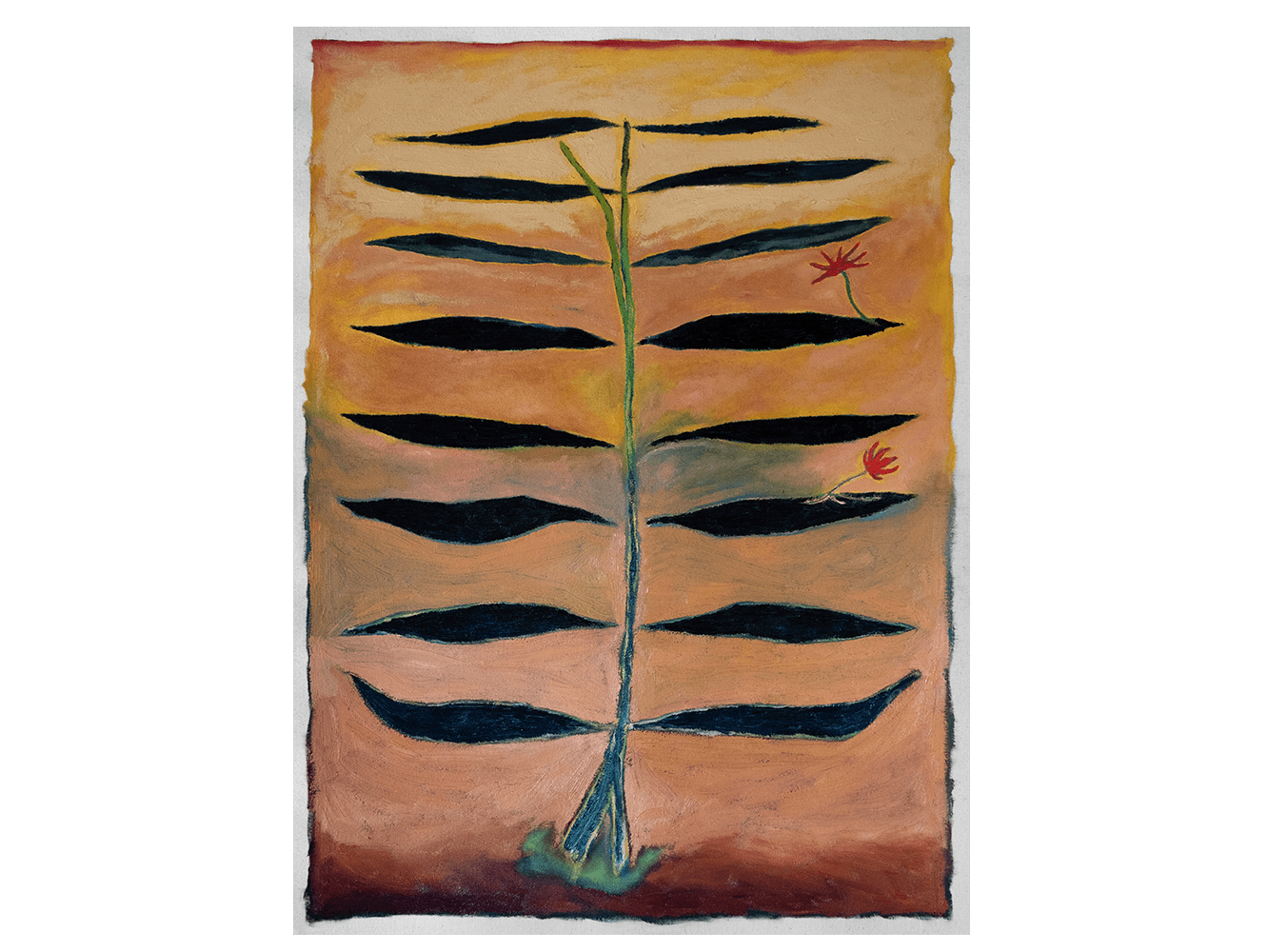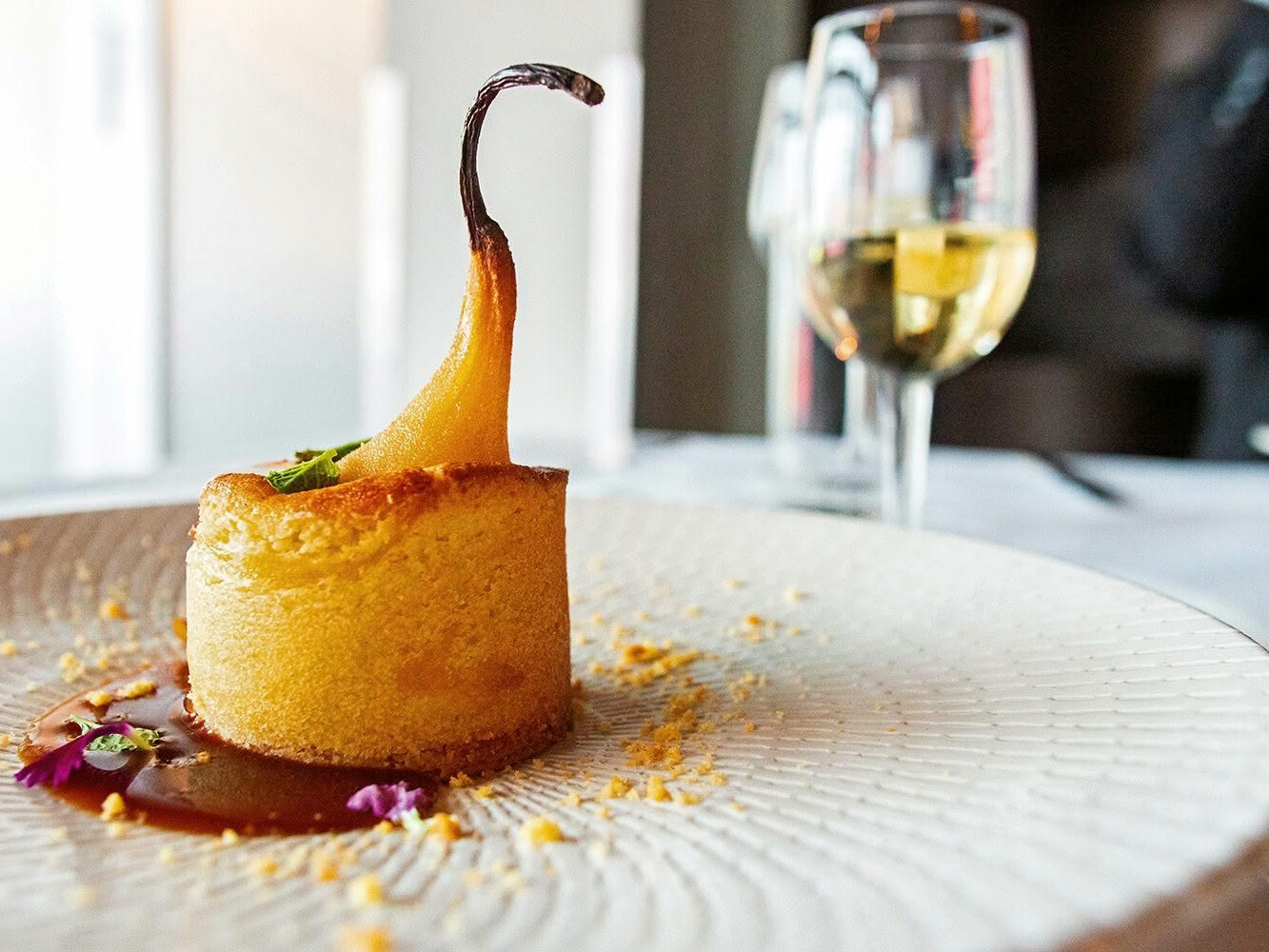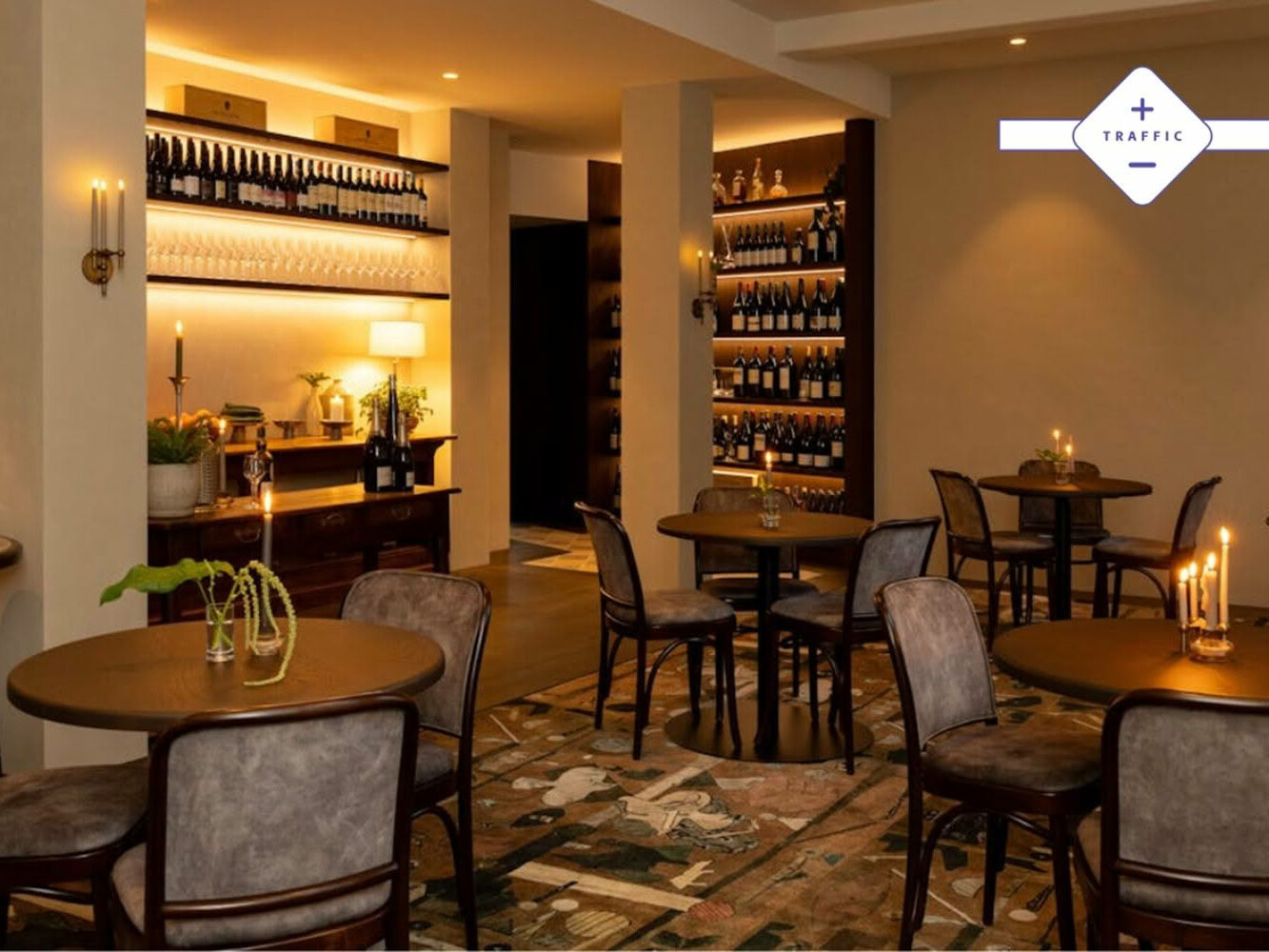Raglan-based Chef, caterer, educator and hospitality consultant Colin Chung has been visiting Fiji for more than 40 years, and knows that the islands’ tropical climate, volcanic soil and healthy oceans produce abundant fresh food that bursts with flavour. However, he could see that this wasn’t being reflected in the food offered to tourists in local hotels and resorts. He explains, “Executive chefs and general managers were all from overseas, often as far away as Europe, and they didn’t appreciate the tastes, flavours and heritage of the islands or how to use them.”
Colin saw the opportunity to help chefs develop a locally inspired contemporary Fijian cuisine and to satisfy the growing hunger of visiting foodies for authentic food-driven experiences. He has produced a book, Kana Vinaka: Contemporary Island Cuisine, which earned him top honours in the 2018 Gourmand World Cookbook Awards.
“The only way we can make a big impact and change is to show the hospitality operators, chefs and locals the value of their own produce, not only in the traditional ways that they eat them, but by being creative and using them in contemporary ways,” says Colin. “So the book was born and in it I have shown how easy it is to use local produce in different ways. Also, by not using so many imported products, the country can grow its own economy with farmers, fishers and villagers given more opportunities to grow their incomes.”
Colin cites taro as a good example of an ingredient cooked in most Fijian homes that can readily be translated onto restaurant menus. “Locals boil up large quantities of taro, often just pulled out of their backyards, and eat it as large chunks, breaking off pieces as they have their meal. But visitors do not appreciate that islandstyle of eating taro. The book shows how to make fries, chips and frites to serve as starters or snacks with tasty aiolis.”
Colin is keen to stress that the book is not only aimed at hospitality professionals but local people, too. “I felt we needed to change the way everyone ate in Fiji, not just the visitors in hotels. For me the most rewarding purchase has been 200 copies by the Ministry of Education for their home economics teachers, boarding house cooks and instructors at technical colleges to improve schoolchildren’s menus and teach the next generation how to eat better and use their own local produce.”
Drawing on his Hawaiian upbringing, Colin takes inspiration from the Hawaii Regional Cuisine movement, set up by local chefs in Hawaii 20 years ago. “That is truly food tourism at its best. One day I would like that to happen in Fiji and the other South Pacific islands, too, where visitors come for the real taste of each island nation in hotels and restaurants run by creative and knowledgeable islanders.” / colinskitchen.co.nz
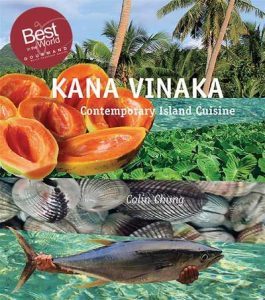
SEE MORE FROM CUISINE
Design File / Jessica Crowe / stylist, painter / Whangamatā
Though you may not know Jessica Crowe’s name, if you are a regular…
Traffic July / August 2025
Josh and Helen Emett continue the elegance and success of Gilt, with…

